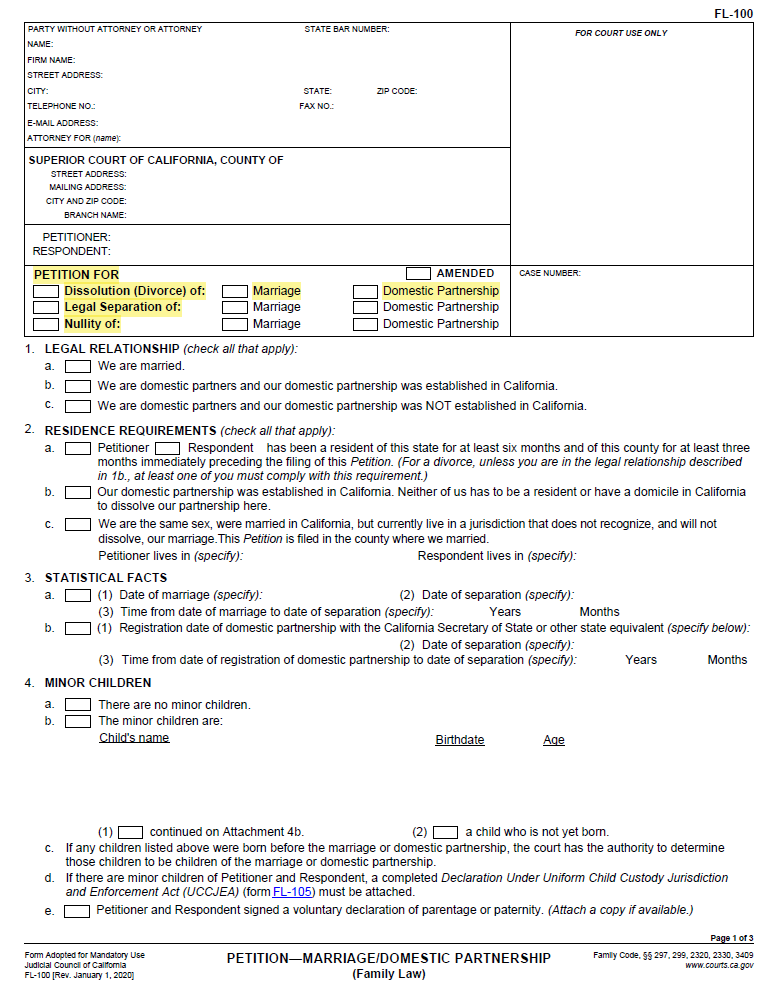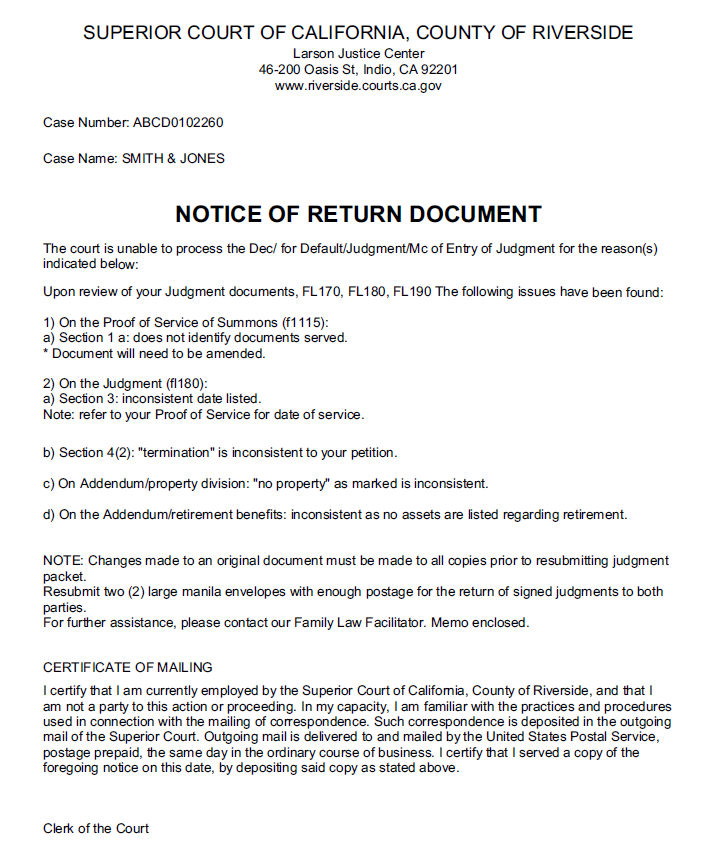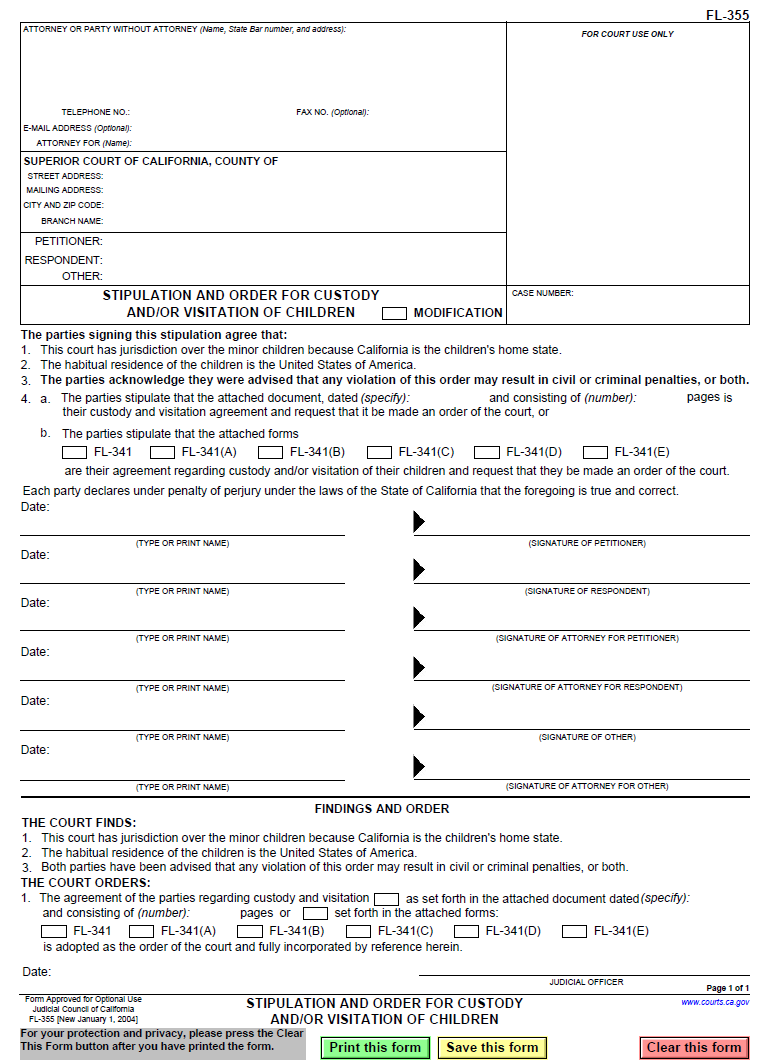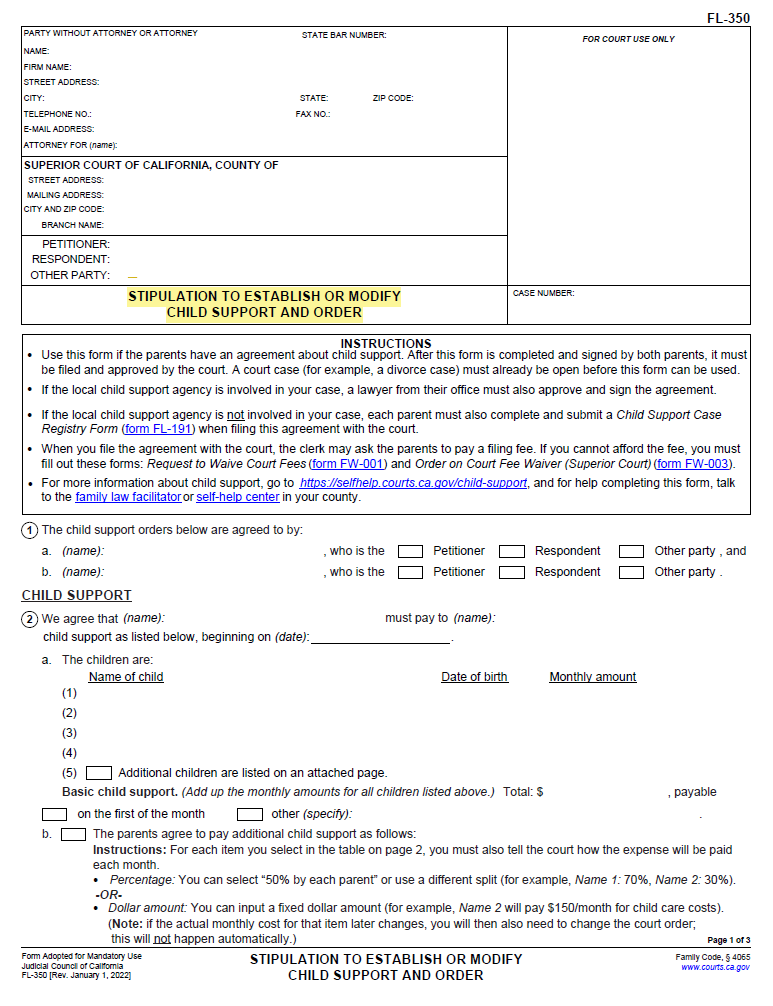Divorce, Custody, Support, Etc..
Getting Through the Process
No amount of form automation or AI can complete the forms without you providing the specific content. Sometimes, that is simply checking a box among other choices. Often, the document has to be created as in the case of a written declaration, a legal brief, or to submit evidence. The package you receive when you tell the court clerk you want a divorce will give you a lot of forms, some of which you need, some of which you might not, depending on the circumstances of your case and the particular process it takes.
No amount of form automation or AI can complete the forms without you providing the specific content. Sometimes, that is simply checking a box among other choices. Often, the document has to be created as in the case of a written declaration, a legal brief, or to submit evidence. The package you receive when you tell the court clerk you want a divorce will give you a lot of forms, some of which you need, some of which you might not, depending on the circumstances of your case and the particular process it takes.
But more importantly, the process tends to lead you toward a fight, not an agreement. This is because divorce is modeled on the adversary process. That doesn’t mean that the adversary process is unnecessary in some cases (e.g. if one spouse is hiding assets, or concealing a child), but the vast majority of cases settle without trial. If an amicable divorce is what you want, Dr. Watkins (a retired professor of Sociology/Legal Studies and Conflict Resolution) is an expert in helping you get there, whether your ex has a lawyer or not. Whether it is a complete divorce or just a modification of current orders, Dr. Watkins’ first question to you is likely to be “Can you and your ex reach an agreement.” That is because if you can, everything immediately gets cheaper, easier, and faster. Judges don’t want to make decisions for you if you can make them on your own. And they will almost always make orders of your agreements without you having to attend a hearing. You just have to know how. Don’t get funneled into an unnecessary court battle. Let Dr. Watkins help you avoid it. Able to Help can serve papers on the other party, file your documents in court for you, and generally help you through the process of representing yourself, all for as little as 10% of what attorneys charge. That tremendous reduction is possible in part because Dr. Watkins doesn’t want to do work you can do yourself, although most clients prefer a full service.
Able To Help will provide you with the forms you need and complete them for you with the specific information you provide. While only an attorney can give you legal advice, Able to Help can provide published factual information to help answer your legal questions and help you make the decisions that are right for you.
- Do your documents have to be served personally or by mail?
- Do you have to file your documents with the court first or serve them first?
- How do you get a court date?
- Is it possible to serve electronically?
- What happens at a Request for Order hearing?
- Can you appear at hearings electronically?
- Do you even need a hearing?
- What is the role of the child custody mediator (aka Child Custody Recommending Counselor)?
- What documents need to be filed for a Mandatory Settlement Conference?
- Etcetera, etcetera.
A.I. and Google searches might answer some of your questions, but even when they do, they usually give insufficient information to actually accomplish the task. At worst, that might result in finally getting in front of a judge and your request being denied just because you didn't do something correctly. More commonly, it will result in rejection by the court clerk.


Rejections
When a document is rejected by the clerk, it is usually due to something being technically amiss. The most common rejections occur with the “Judgment Packet” and often require a long list of corrections. Deciphering the language used for these corrections can be challenging.
Dr. Watkins can assist you in navigating through these issues and getting your documents approved by the clerk and onto the judge’s desk.
While some fixes are straightforward, others can be quite confusing. In some cases, it may feel like starting over because you have not done something, or filled out a form incorrectly. And the language used by the court clerks tends to be difficult to decipher unless you already know the correct procedure. We are here to help, so bring us your rejection slip, and we will guide you through the process.
Parenting and Other Orders
If you do have to litigate, getting your facts and evidence in front of the judge is the number one most important task of getting good parenting orders.
California judges have a lot of “discretion” to make parenting orders, and they generally use that discretion wisely IF they are presented with the facts.
Moreover, your testimony and the testimony of others (usually by way of written declarations) is how the judge learns those facts. But, judges have dozens of cases before them every day, so it is critical that your declaration presents the facts, along with all the messy, complicated nuances that are part of life in a way that can be quickly understood by the judge.
Let us help you create a document that the judge will actually read and think, “Yes, the correct decision is to give this person what she’s asking for.”
If you tell the court clerk that you want custody orders she will give you a form called a Request for Order – which makes a court court battle more likely. What the clerk won’t tell you, unless you ask for the right form, is that if you and your ex can agree, you almost never have to see a judge to get your orders. (Also, the filing fee for modifications is only $20 rather than $60-$90)


Documents Don’t Speak for Themselves
With your declaration, you will likely submit documentary evidence (photos, calendars, school or medical records). Your declaration has to tell the judge the meaning of those documents. Many self-represented people fail to do this. But the documents (especially photos) often don’t speak for themselves. Describing what is in a picture can be difficult, but more often there is more than one possible interpretation of what is happening in a photo, and a description is necessary.

Share On: